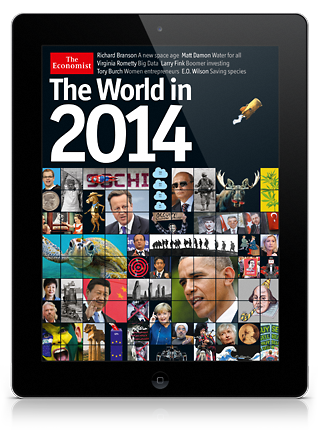Here, finally, my World Cup 2014 post. We are looking forward to the next round, the quarter finals, Germany will play France on Friday – fortunately at the earlier time – many of us did not manage to watch the late games to the end. I was often unfortunate to leave the scene just before the first goal, but I heard I was not the only one. I looked into a lot of tired eyes last week, however, trafic was fairly low so I didn’t have to leave so early in the morning.
But now on to my vocabulary issue.

